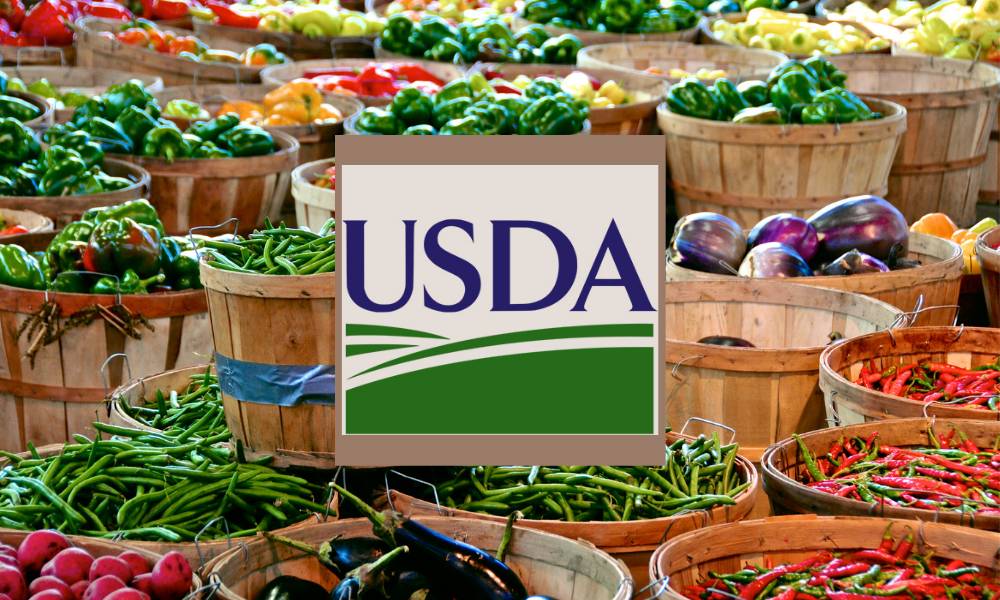
U.S. Agriculture Secretary Tom Vilsack visited the Turn Around Columbus, a nonprofit in Columbus, Georgia, focused on investing in youth development and learning opportunities to build the next generation of entrepreneurs, farmers, and community leaders:
Secretary Vilsack joined U.S. Representative Sanford D. Bishop (GA-2) for a tour of Turn Around Columbus and announced $145,000 in funding for the organization. This funding comes from a $1.5 million grant awarded to the University of Georgia’s Archway Partnership by the U.S. Department of Agriculture (USDA) through the new Urban County Committee pilot program.
“Urban producers play a critical role in the agricultural economy,” Secretary Vilsack said. “We are committed to supporting all producers no matter their age or the size and location of their operations. That’s why the Biden-Harris Administration has provided unprecedented support to create new markets and additional revenue opportunities, especially for small and mid-sized producers, for those in Georgia and beyond.”
The subgrant will help Turn Around Columbus expand their existing educational programming, training and marketing efforts. They will also purchase additional equipment and supplies that increase the size and scope of the operation in support of their mission of community and youth development in Columbus.
USDA has many programs that are working to create more, new and better markets for both urban and rural producers in Georgia, including:
- In September 2022, USDA launched its historic Partnerships for Climate-Smart Commodities funding opportunity to expand markets for America’s climate-smart commodities, leverage the greenhouse gas benefits of climate-smart commodity production, and provide direct, meaningful benefits to production agriculture, including for small and underserved producers. USDA has announced $3.1 billion for this effort, including $892.6 million for 28 projects that help Georgia producers engage in climate-smart practices and access new revenue streams.
- USDA announced twelve new Regional Food Business Centers that will provide national coverage coordination, technical assistance, and capacity building to help farmers, ranchers, and other food businesses access new markets and navigate federal, state, and local resources, thereby closing the gaps to success. Georgia is served by the Southeast Regional Food Business Center, alongside Virginia, North Carolina, South Carolina, and Florida.
- Through the Local Food Purchase Assistance Cooperative Agreement (LFPA) Program, USDA signed a cooperative agreement with the Georgia Department of Agriculture to procure and distribute locally grown, produced, and processed food from underserved producers. These purchases are distributed to rural and remote communities to ensure they receive nutritious and fresh foods while strengthening local and regional food systems.
USDA


Chattooga Opinions
Medically Supervised Weight Loss: Inside Premier Weight Loss & Medispa

Chattooga Local News
Georgia Power Files Plan for Customer Rate Decrease with Public Service Commission

Chattooga Local Government
Carr Pushes for Permanent Halt of Medicare and Medicaid Funding for Child Sex-Change Procedures

Bulloch Public Safety
02/20/2026 Booking Report for Bulloch County

Bulloch Public Safety
01/26/2026 Booking Report for Bulloch County

Bulloch Public Safety
02/09/2026 Booking Report for Bulloch County

Bulloch Public Safety
02/16/2026 Booking Report for Bulloch County

Bulloch Public Safety
02/02/2026 Booking Report for Bulloch County

Bulloch Public Safety
01/30/2026 Booking Report for Bulloch County





